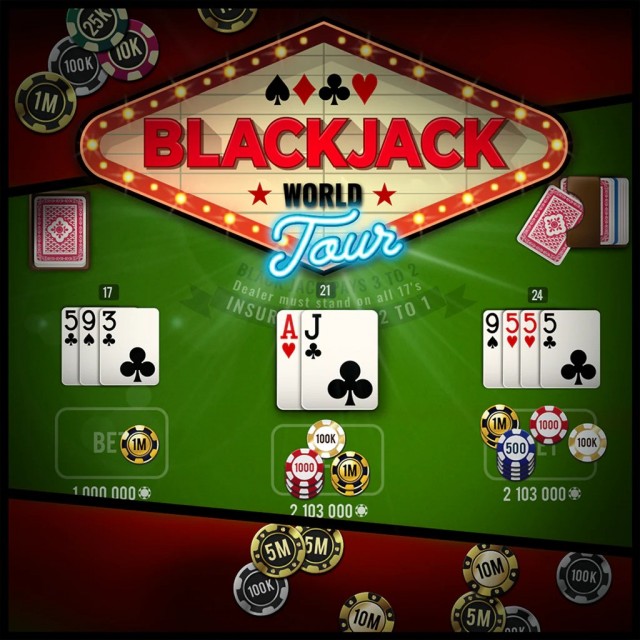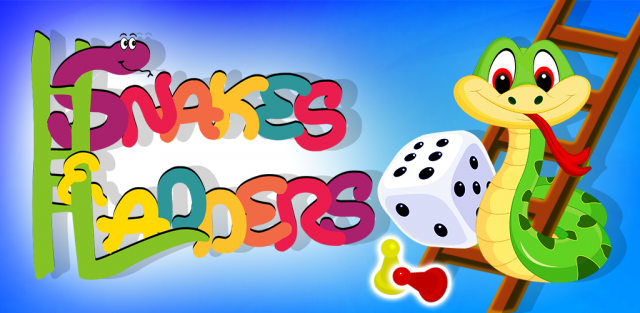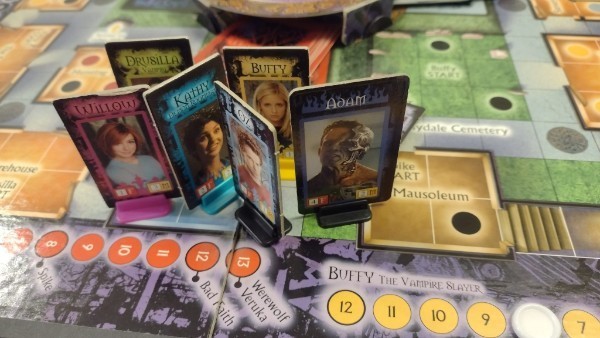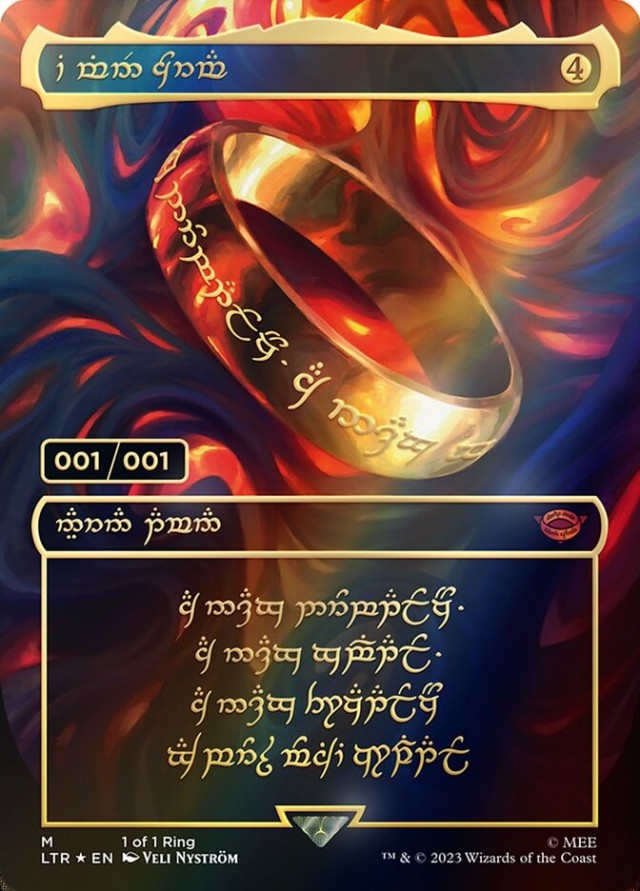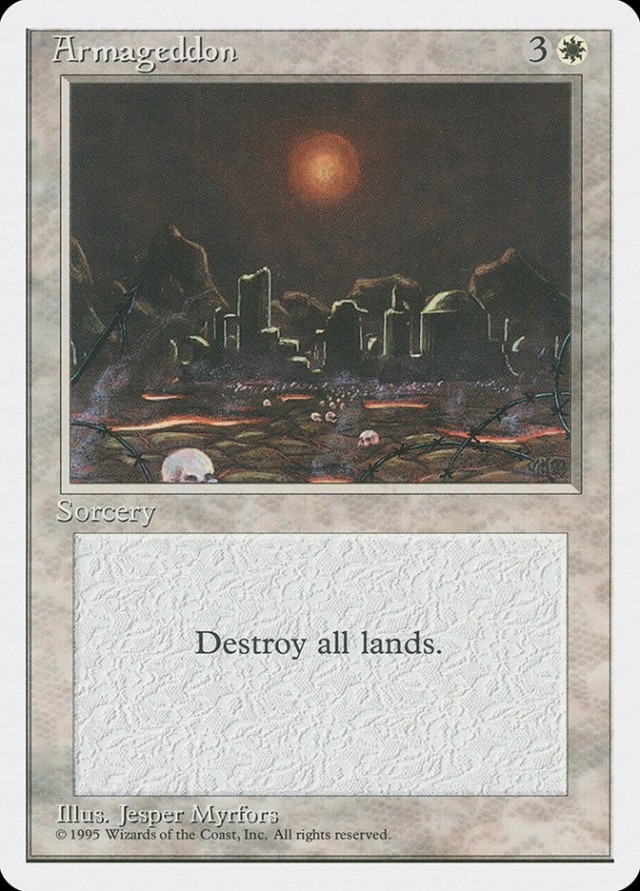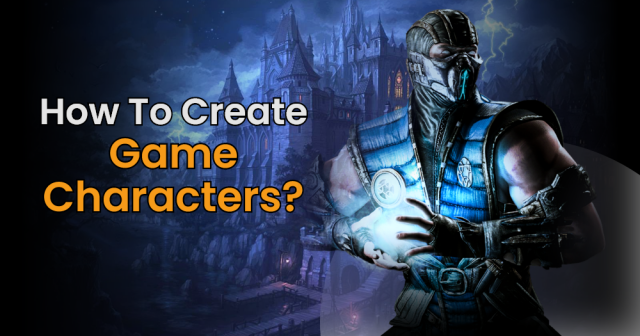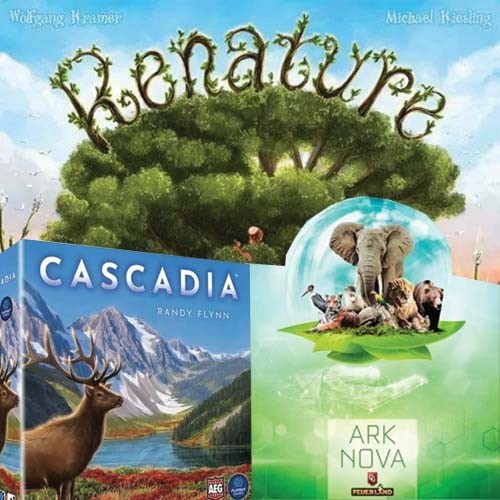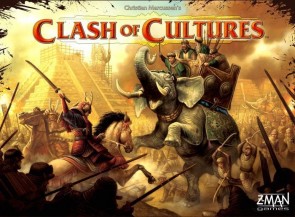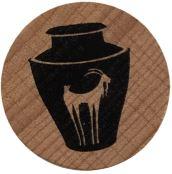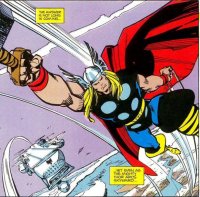Does Catan still hold up? Is Cockroach Poker the best game there is about lying? Is Clash of Cultures still the best civilization game there is, or was it ever? Find the answers to these questions as Nate asks himself, "Why do I own this?"
How did I get it? Way back in 2004, a friend of mine introduced us to what was then sold as The Settlers of Catan. My friends and I took to it instantly, and a few of us went in together to buy a copy from a local hobby store, along with the five and six player expansion. I tell people now that that very copy functioned as my minor during my senior year of college.
Why do I still have it? Strictly speaking, I don't own this game anymore. Well, I don't own that particular copy I bought back in 2004. When the game got a graphical upgrade aorund 2007 or 2008, I realized that the expansions (which I had always meant to buy) were no longer available for my edition. I ended up rebuying the whole game, along with Seafarers and Cities & Knights, and the 5-6 player expansions for all three just in case. It's rare for me to rebuy games at all, and more rare still for me to buy a whole product line. I never did get the extra expansion content that's been released since then, and I frankly don't play what I have very much either. But it remains a formative experience in the hobby for me, and I keep it around because I firmly believe it's one of the most important and best games published in the last fifty years.
How is it? The backlash against Catan as the most popular face of the hobby has already run its course on BGG, to the point where the game is I think more often mentally lumped together with Monopoly and Risk, rather than other German designs. People have all sorts of reasons for this, ranging from playing too much to the randomness of how resources are generated. I would agree that if you think of it primarily as a resource-gathering game, you might be frustrated. But in the end Catan bears more in common with dice games like Craps and trading games like Pit. It's much more about gambling and socializing than long-term strategy. The game still resonates with me because it uses those mechanics to create a new kind of civilization game. This becomes obvious when you add Seafarers and Cites & Knights into the mix, both of which increase the scope and specificity of the game considerably. That's frankly a remarkable piece of design work, as brilliant in 2019 as it was in 1995. More than most other games, Catan is content to be a game between players, rather than one where you need to learn The System to do well. Combine that with its mind-boggling variety, which lets you build some really interesting scenarios, and you have a game that has already lasted with me for years, and will continue for years to come. I know it's not the cool thing to say anymore, but Catan is still one of the best games ever designed.
How did I get it? Citadels was one of those early purchases in the hobby for me, an impulse buy on one of several trips to the local game store. It actually got on my radar through designer Bruno Faiduitti's old website, where he gave details on his own designs and those that he admired from other designers. To this day I think his Ideal Game Library remains one of the most formative game resources I've ever read, and I'm sad it's no longer live.
Why do I still have it? Like Bohnanza, Citadels dwells in a useful niche of being a small, highly interactive game that plays a lot of people. My copy is particularly well-loved, with the cards are scuffed up and a slightly water-damaged box. It's in the kind of condition that makes it hard to get rid of the game even if I wanted to.
How is it? Citadels is the sort of game I've always liked, with lots of lying and calculated risks. It utilizes role selection and bluffing to such great effect, that I am still impressed by it. Citadels also contains one of my single favorite mechanics in any game ever, the Assassin card. This nasty piece of work actually causes another player to lose their turn, which is something of a design no-no but works really well in Citadels. There's also the Thief, who steals the money of another player, and a couple of other roles that are so powerful that they are regular targets for the Assassin and the Thief. Like many of Bruno Faidutti's games, there are shades of Cosmic Encounter here, and my love of his designs presaged a deep passion for Cosmic Encounter as well. It's one of those magical games where making the objectively best move will often put a target on you, and so it becomes best to play sub-optimally. This is a very challenging for people to adapt to, and the game has some sharp confrontational edges that are well out of favor in modern design. It's even been re-released in an updated version over the last couple years. I'm in favor of this game being available in any form, but I personally would find it hard to move on from the original, harsh design. Its only real fault is games that can go a little long with seven or eight players, though that can be mitigated with experience. It remains one of the two Faidutti games that are in my forever pile, and it's been an evergreen title for me.
How did I get it? This was another press copy from my original review back in 2013. At the time I thought Clash of Cultures was probably the best civilization game I had ever played, and even though it has not been played in a long time, its presence in my collection is safe. I also have a copy of the woefully short-lived Civilizations expansion, which arrived and vanished in less than a year. My copy was a second-hand steal that remains one of my best finds in this hobby, since the expansion can fetch a pretty penny from the right people.
Why do I still have it? I have mostly divested myself of games like this, complex multi-hour games with lots of plastic pieces. Such games for me tend to look better than they play, but Clash of Cultures has made a great case for itself over and over. In the realm of multi-player conflict games, it's one of the rare ones that I feel comfortable revisiting, even though multiple moves have made it hard to do so with any regularity.
How is it? I would no longer say that Clash of Cultures is my favorite civilization game, but I think I feel good calling it my favorite of its kind of civ games. I say that because frankly, this game is about conflict. Although Clash has a lot of emphasis on production (recalling Catan) and technology, it is a fairly combat heavy game, and that is no longer my preferred kind of civ game. That said, this game still absolutely kicks. It has lots of space to explore different synchronicities in technology, and while non-warmongers might be frustrated, it at least makes it easy to move around the board and wage war on each other. The Civilization expansion makes it even better, specializing the players with unique techs for specific leaders, all while diversifying strategies and adding new units. Designer Christian Marcussen also designed the very good Merchants & Marauders, and while that is more my kind of game, Clash of Cultures is the stronger, more focused design. In the realm of epic games about warfare, it remains one of the best ones there is. It's the kind of game that will never see frequent play, and I am generally in the mood for more unconventional approaches in its genre, but it's still an outstanding game, and one that I wish I had in college when I had more time to play it.
How did I get it? This is another game where I only bought my own copy after playing a friend's copy for years. I got my copy from a friend who was selling off several used games to make some scratch.
Why do I still have it? I've mentioned elsewhere that bluffing is one of my favorite mechanics, and Cockroach Poker has more bluffing than just about any game I've ever played. It's also a simple game, one that I've been able to play with both of my sons. That's a special thing, since my younger son has never been much of a gamer. He does like lying to other people though, which is a worrying trend, but bodes well for games like this.
How is it? Cockroach Poker is a one-note game, and it plays that note hard. It's basically an endless parade of bald-faced lies, ones that often have no point. But something about this game makes you WANT to lie endlessly. It might just be the way you can actually fool someone by telling the truth, or how you can pass the card on if you don't feel like making a call. But I think the key design stroke here is to create a single loser among a sea of winners. This hilarious bit of cruelty is liberating, because chances are you'll win, even if you are a bad liar. It's one of those games that is brazen in its stupidity, and is better for it. One of the highlights of gaming overseas has been a game I played involving myself and another American, a Korean couple, a Canadian, and one Filipino. It was fascinating to see how people from other culture would try to sell lies to each other, and how that interacted with individual personalities. Sometimes you just want to be able to lie when the stakes are low, and in those times Cockroach Poker is always there for me.
How did I get it? Codenames came out in 2015, and it made the rounds with my different gaming groups. It was the ultimate ender to every night, because everyone could play together and we could knock out a game in twenty minutes. Eventually I figured we'd play a lot on our own, and we tracked down a copy in a brief moment when it was actually kind of hard to find.
Why do I still have it? I think I feel comfortable calling Codenames my favorite party game, and it's definitely my favorite Vlaada Chvatil game. It's the sort of game that I drag everywhere with me, because it's just so flexible. It handles groups from four people all the way up to ten or twelve. I even once adapted it for a church youth group, to be played on a white board. Obviously it has proven its worth several times over.
How is it? The brilliant thing about Codenames is how it leans into the ambiguity of language. You have one interpretation of a word, but it brings up a whole different set of connotations for another player. I love the challenge of trying to find patterns in places where no obvious patterns exist. Not only that, but Codenames is the rare game that actually does team play really well. Teamwork and communication within the group is vital to doing well. It recalls another great game, Dixit, in how it forces you to consider how other people will interpret what you say, which is a lesson we could all stand to learn. I know that Vlaada Chvatil is known for creative, complex designs, which makes Codenames something of an anamoly. But it's become a hit because more than any of his other designs, Codenames embraces what it means to communicate in the first place. It's not often that a game can get me to think about the fabric of how people exress themselves to others, but Codenames has done just that. That may see overwrought, but I feel something profound happening when I play Codename. I feel myself trying to connect with other human beings in ways they understand, and there's something beautiful about that.
Next week: More Codenames and more Faidutti, plus the greatest game ever designed.
 Games
Games How to resolve AdBlock issue?
How to resolve AdBlock issue? 